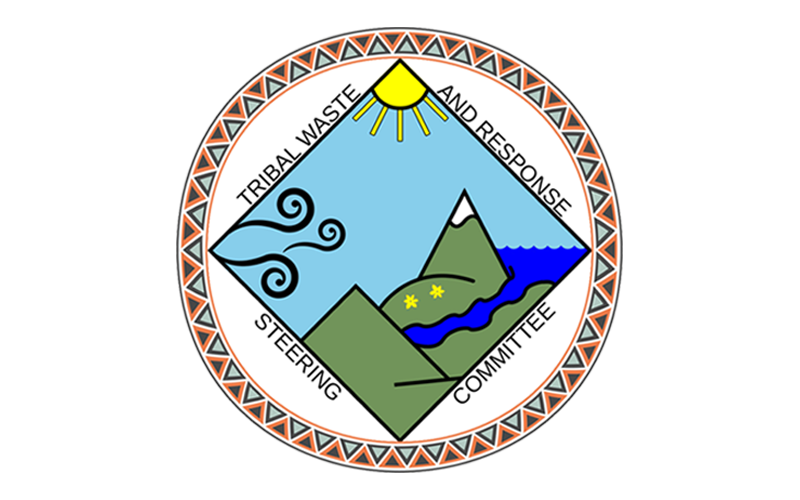
Contact Us
Tribal Waste and Response Steering Committee
PO Box 15004
Flagstaff, AZ 86011-5004
About TWAR Steering Committee
Brief History
In 2009, ITEP established the Tribal Waste and Response Steering Committee, a national tribal steering committee composed of up to ten tribal professionals working in the fields of Superfund, brownfields, solid waste, emergency response, and USTs, in order to assist with the work of the TWAR Steering Committee and to ensure that tribal needs and priorities are addressed by this program’s activities. The TWAR Steering Committee also plays a critical role in ensuring two-way communication between Tribal professionals working in the field, and their colleagues at USEPA’s Office of Land and Emergency Management (OLEM).
Throughout the year, committee members meet with their Tribal colleagues at regional meetings, the Tribal Lands and Environment Forum, and other events, in order to talk with them about their challenges, concerns, and successes. They also gather as a committee four times a year, with one of these occurring in Washington DC, where they meet directly with staff from all of OLEM’s offices, as well as other USEPA offices such as the American Indian Environmental Office and the Office of Environmental Information. While in Washington DC they develop their annual Priority Document, which covers Tribal issues associated with Superfund, brownfields, solid waste, emergency response, and UST programs. This document is then provided to senior USEPA staff, as well as the National Tribal Caucus. In addition to the Priority Document, the TWAR Steering Committee also provides input and perspective on a variety of USEPA initiatives throughout the year, as well as assisting ITEP with the development and delivery of the Tribal Lands and Environment Forum.
Using the tabs at the top of this page you can learn more about the current members of the TWAR Steering Committee; access their annual Priority Document, past meeting notes, and Charter; look over some of their favorite resources; and access the Tribal Lands and Environment Forum website – the annual conference the TWAR Steering Committee helps ITEP develop. If you have any questions about the TWAR Steering Committee, please contact either a committee member or any of the ITEP staff listed on the “contact staff” page.
CONNECT WITH US
Todd Barnell
Program Manager
Todd.Barnell@nau.edu
Julie Meikowski
Assistant Manager
Julie.Meikowski@nau.edu
Amanda Kapp
Program Coordinator, Sr.
Amanda.Kapp@nau.edu
Your tax deductible donation supports ITEP’s programming efforts.
Please contact us if you would like to contribute to our endowment or for any additional information regarding donations.

